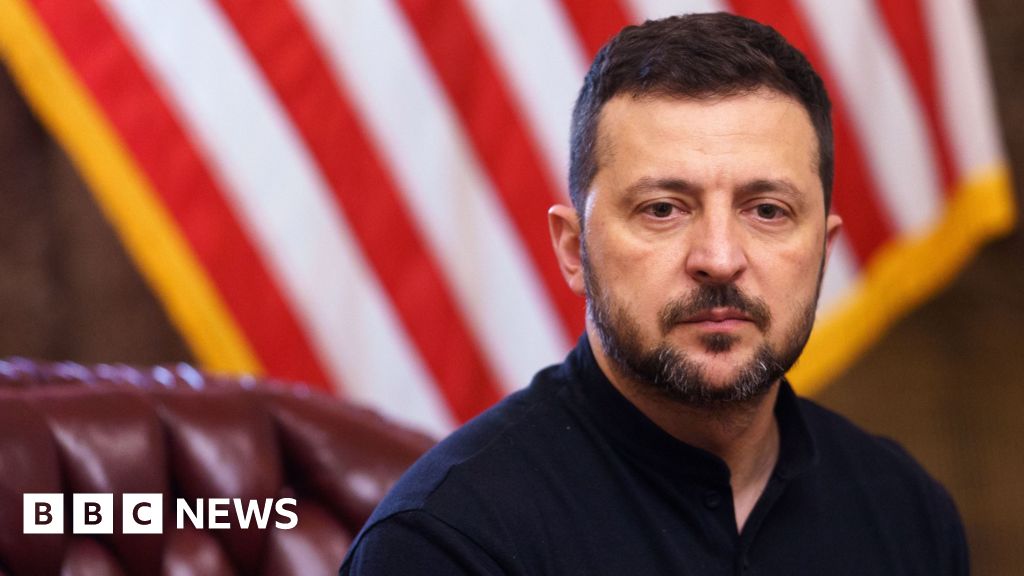NATO members pledged to support Ukraine’s “irreversible path” to joining the alliance in the future and to provide more assistance.
Although a formal timetable for Ukraine to join the military alliance was not agreed upon at the summit in Washington, the alliance’s 32 members said they had “unwavering” support for Ukraine’s war effort.
NATO also announced further integration with the Ukrainian military, with member states pledging €40bn ($43.3bn, £33.7bn) in aid next year, including F-16 fighter jets and air defense support.
EU Secretary-General Jens Stoltenberg said: “Support for Ukraine is not charity – it is in our own security interests.”
The ongoing invasion of Ukraine was top of the agenda at the NATO summit, with a statement agreed by all members saying Russia “remains the most significant and direct threat to security”.
U.S. Secretary of State Antony Blinken confirmed that U.S.-made F-16 jets are being transferred to Ukraine from Denmark and the Netherlands.
This will be the first time Ukraine receives the advanced aircraft, which Kyiv has long requested. Mr. Blinken told the summit that the jets would be operational “this summer.”
NATO members have agreed to create a new unit to coordinate military assistance and training for Ukrainian forces as part of measures to deepen NATO-Ukraine relations.
The joint statement said that these measures, together with the assistance commitments of individual member states, “constitute a bridge for Ukraine to join NATO.”
The statement said Ukraine had made “concrete progress” in “necessary democratic, economic and security reforms” in recent months, but would only issue a formal invitation to join the EU when “conditions are met.”
“As Ukraine continues this important work, we will continue to support its efforts on an irreversible path to comprehensive Euro-Atlantic integration, including joining NATO,” the statement added.
Ukrainian President Volodymyr Zelensky was invited to attend the summit and meet with world leaders, including Sir Keir Starmer for the first time since he became British Prime Minister.
Sir Keir told Zelensky that “support for the Ukraine war effort will not change” despite the new government in London.
Mr Zelensky has also met with US politicians, both Democratic and Republican, in a move aimed at bolstering cross-party support for Ukraine following a congressional standoff earlier this year. Major military aid package delayed for months.
Russia has made modest gains on the battlefield in recent months, and NATO leaders had hoped this week’s summit would provide an opportunity to present a united front on Ukraine.
There may be some disappointment in Kyiv, however, as there is no clear public indication of how long it will take for Ukraine to gain full membership.
The summit, held just months before the US presidential election, marks the 75th anniversary of NATO’s founding and could see NATO critic Donald Trump return to the White House.
In response to questions from the BBC, Stoltenberg declined to say whether domestic U.S. politics would affect the alliance.
“NATO is the most successful alliance in history because we are able to stay out of domestic political debates,” he said.
“It’s important for me to continue to do everything I can to make sure that continues.”
U.S. President Joe Biden used the summit to reiterate his support for Ukraine and call on other member states that have fallen behind in spending to increase defense investments.
He said Russia, with the support of Russia, North Korea and Iran, was on a “wartime basis” in defense production and that leaders “cannot let the alliance fall behind.”
“We can and will defend every inch of NATO territory,” the president added.

